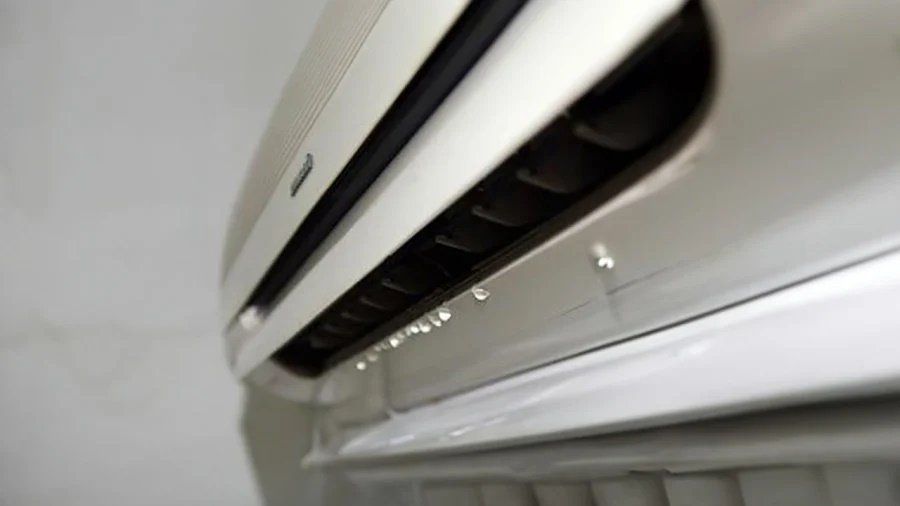The waste water from air conditioners often causes inconvenience as it needs to be collected, directed through pipes, and disposed of. However, let’s consider the beneficial uses of this water.
Using an air conditioner can be bothersome due to the need for drainage and the emptying of the collected water. Many assume that the air conditioner waste water is dirty and dispose of it directly into drainage pipes. Nevertheless, that is a wasteful action.
The air conditioner generates waste water as it extracts moisture from the air during its operation. This accumulated moisture condenses into water droplets and flows out through drainage pipes.
Therefore, if the drainage system is clean, this water source is clean too. When the air conditioner’s filter and drainage pipes are not regularly cleaned, the water that eventually flows out might not be clean enough for consumption. However, compared to many other water sources, it has various useful and clean applications. Therefore, do not waste this water resource:
Watering plants and flowers
The waste water from air conditioners turns into soft water. Utilizing it for watering plants not only prevents soil salinity effectively but also enhances soil texture, making it more porous and suitable for plants.

Cleaning floors and surfaces
The waste water is clean enough to be used for floor mopping and general cleaning purposes, which saves water for household use.
Brightening and cleaning jewelry
The waste water from air conditioners contains fluoride, which can help remove dust from jewelry surfaces and enhance their shine. Soaking jewelry in this water for about six hours and cleaning with a cotton swab shows noticeable results.
Is air conditioner waste water drinkable?
In principle, air conditioner waste water forms due to condensation from the cold air and is thus essentially clean. However, it flows through filtration membranes and copper pipes before being collected, so it might get contaminated during this process. Therefore, theoretically, it is clean, but practically, it may have been exposed to bacteria or dirt. Hence, it is not advisable to drink this water. Instead, it should be reused for activities such as cleaning, watering plants, maintaining fish tanks, etc.












